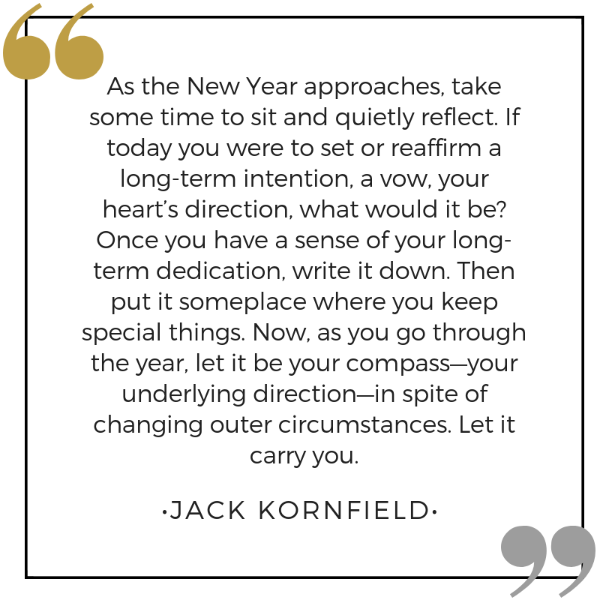Practice sharing the fullness of your being,
your best self, your enthusiasm, your vitality,
your spirit, your trust, your openness, above all your presence.
Share it with yourself, with your family, with the world.
– Jon Kabat-Zinn
Given the fast pace of life, constant distractions, and multitude of demands placed upon us, we often struggle with showing up at our best – especially during important work and personal situations. Whether it’s a meeting, dealing with a toxic co-worker, setting limits with a challenging teenager, or being compassionate toward an aging family member, it’s helpful to pause and remind ourselves – what’s my best intention for this situation?
In coaching, executives quickly learn that that how they say something – that is their style and how they show up – is just as important as the content of what they are saying. An executive recently shared, “I now spend a lot more time thinking and preparing for interactions with others, above and beyond the content itself. Working on grounding myself as well as preparing for difficult meetings has been very helpful. Not surprisingly, this has been helpful in my personal life as well.”
But how do we show up at our best – especially when there is the potential to become triggered? Here is an effective, simple exercise for showing up as your best self that works great at work or in your personal life!
How to Show Up and Lead with Intention!
Step One: What is my goal? What do I want? What is my preferred outcome for the conversation? What does success look like from the other person’s point of view?
Client examples include (recommend identifying 1-3 goals):
• Learn more about the job and explore if the fit is right
• Get the job offer
• Get the promotion
• Make a good impression
• Make sure my body language and tone communicate interest in the other person
• Communicate important information
• Influence an important decision
• Share my point of view
• Delegate an important task to my direct report
• Provide the tough feedback
• Offer support in a difficult situation
• Offer career support and advice
• Gather information
• Actively listen and build trust
• Be present with the person and refrain from offering advice
• Pause before I respond
• Connect and strengthen the relationship
• Demonstrate I care about the other person
• Establish better boundaries
• Have fun
Step Two (my favorite step!): What is my best intention for how I want to Show Up? What would I want the other people(s), or a fly on the wall, to say about how I was “being”?
Client examples include (recommend identifying 3-5 attributes):
• Present
• Engaged
• Grounded
• Confident
• Approachable
• Authentic
• Empathetic, active listener
• Able to understand and respect others’ point of view
• Nonjudgmental
• Curious
• Collaborative
• Caring
• Compassionate
• Focused on what matters
• Respectful
• Grounded, not reactive
• Like-able, fun to work with
• Joyful
• Energized and upbeat
Step Three: What are my “watch outs”? What could I do or say that could get in the way of a successful meeting or conversation?
Client examples include:
• What could I say that might make the other person feel defensive?
• What could the other person say that might make me feel defensive?
• How might my need to be liked get in the way?
• How might my need to be right get in the way?
• What do I need to pay attention to in terms of my tone of voice and body language?
Step Four: How will I maintain leadership presence? How can I stay present and focused on my goal, intentions and watch outs? What will I do if I get triggered so that I can re-center and remain grounded?
Client examples include:
• Periodically remind myself of my goal, intentions, and watch outs. Clients often write them down on the side of their notepad or on a note-card placed in their pocket.
• Get grounded in my body by focusing on my breath, counting to five, or feeling the sensations of my feet on the floor.
• Get grounded in my body by bringing my attention to an outside sound, like a fan or an air conditioner.
• Request a coffee or bathroom break if I start to feel myself transitioning to reactive mode versus intentional mode and remind myself of my goal, intentions, and watch outs.


